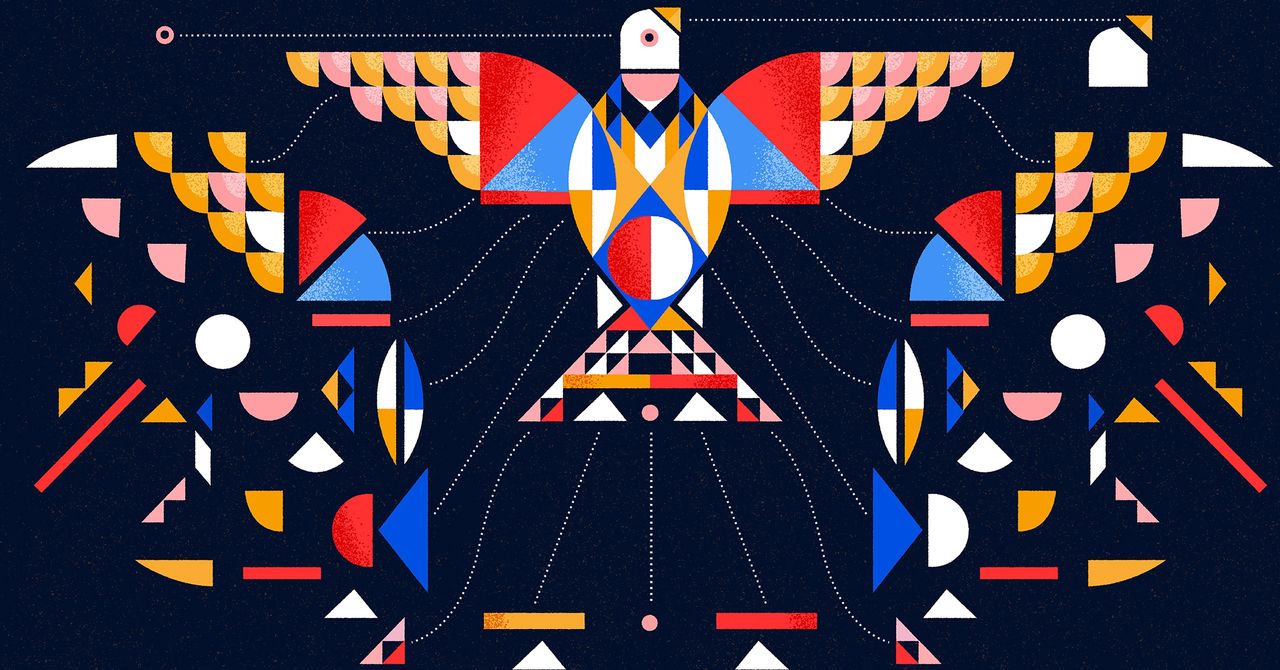Kaufman argues that therefore, biological evolution creates not only new types of organisms but also new possibilities for organisms, which not only existed in the early stages of evolution but probably could not exist. From the soup of single-celled organisms that formed 3 billion years ago on Earth, no elephant could suddenly appear-this needed a host of all previous, conditional but special innovations.
However, there is no theoretical restriction on the number of applications of an object. This means that the appearance of new functions in evolution is not predictable – and some new functions can dictate the rules on how the system evolved. “Biotechnology creates its own facilities,” Kaufman said. “We don’t only know what will happen, but we don’t even know what happens.” Photosynthesis was such profound developments. There were also eukaryotes, nervous systems, and language. As the Microbiologist Carl Woiz and the physicist Nigel Goldenfeld said in 2011, “We need a set of additional rules to describe the evolution of the main laws. But this high level of law must evolve.
Paul Davis physicist from Arizona State University agrees that biological evolution “creates a widespread space that cannot be predicted or captured through any definitive process from previous countries. Therefore, life evolves somewhat in the unknown.”
Mathematically, “phase space” is a way to describe all possible settings of a physical system, whether as simple as an ideal pendulum or as much as all atoms consisting of the earth. Davis and his colleagues have recently stated that the evolution of an expanded phase may be formally equivalent to “incomplete theorems” devised by the mathematician of Kurt Goodel. Gudel showed that any obvious system in mathematics allows the formulation of statements that cannot be shown correct or inaccurate. We can only decide such statements by adding new axioms.
Davis and his colleagues say, like the Gudel case, the main factor that opens biological evolution and prevents us from preventing it from being able to prevent it in an autonomous and comprehensive phase, is that it is customary: the appearance of new actors in space on those who currently can create new facilities for action. This is not the case for physical systems, which, even if they have millions of stars in a galaxy, are not reference.
“Increasing the complexity of the future potential to find new strategies available to simpler creatures,” said Marcus Heisler, a plant growth biologist at the University of Sydney and the partner of the article. “This connection between biological evolution and the issue of non -computing,” goes to the heart of what makes life very magical, “Davis said.
Is biology special, so it is a reference among the evolutionary processes in having an open openness? Hazan thinks that once a complex cognition is added to the composition-once the components of the system can choose the reason, select and execute the “in their mind”-the potential for micro-feed feedback and open growth is even greater. “The technology applications go beyond Darwinism,” he said. If the wristwatch is not blind, it will faster.
Back to the bench
If Hazan et al., That the evolution, including any kind of choice, will inevitably increase functional information – in the complexity, does it mean that life itself and perhaps higher awareness and intelligence in the world are inevitable? This will be contrary to what some biologists think. Ernest Mayer’s prominent biologist believed that the search for extraterrestrial intelligence was condemned because the appearance of human intelligence is “completely impossible”. If information at a level that led to cultures and civilizations was very useful in Darwini’s evolution, how was it only once in the whole tree of life?
Meyer’s evolution is likely to disappear in the jump of human complexity and intelligence, after which the entire playground will be completely transformed. Humans have come so quickly to dominate the planet (for better or worse) that the question that is happening again is being persecuted again.
Image: Irene Perez for Quanta Magazine
But what about the possibility of such a jump in the first place? If the new “functioning of performance information” is true, it seems that life becomes more complicated after existence, with mutations and boundaries. It does not need to rely on some of the chances of luck.
In addition, such an increase in complexity seems to indicate the emergence of new Ali’s laws in nature, which, although not incompatible with the basic laws of physics governing the smallest components, is effectively used in determining what is happening. Certainly we see this in biology: Galileo’s (apocalyptic) testing of the two masses from the Pisa’s lean tower no longer has a predictable power when the masses are not balls but the birds are alive.






